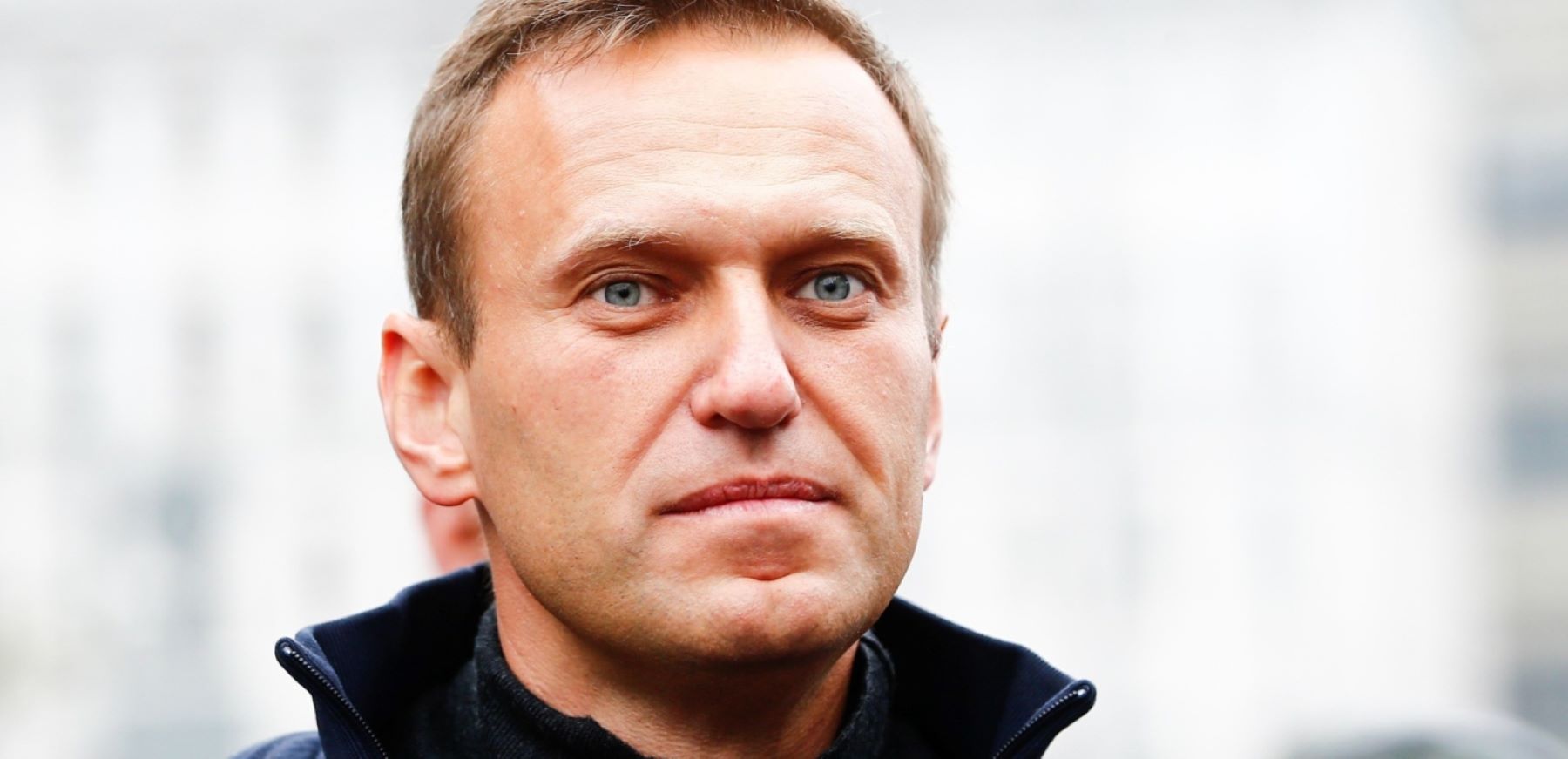“Following his poisoning, unjust imprisonment and torture in prison, Aleksei Navalny has died after languishing for 37 months behind bars and being sent to one of Russia’s most remote and harshest prisons. Aleksei was a prisoner of conscience only for speaking out against a repressive government” said Agnès Callamard, Amnesty International’s Secretary General.
“He demanded political freedom for himself and his supporters. He called out corruption and challenged Putin. His death is a devastating and dire indictment of life under the oppressive and stifling rule of the Kremlin. He paid the ultimate price for being a critical voice, and championing freedom of expression. Amnesty International stands with all those fighting for human rights in and beyond Russia’s borders.”
His death is a devastating and dire indictment of life under the oppressive and stifling rule of the Kremlin. He paid the ultimate price for being a critical voice, and championing freedom of expression. Amnesty International stands with all those fighting for human rights in and beyond Russia’s borders.
Agnès Callamard, Amnesty International’s Secretary General
“Aleksei Navalny was denied health care, was kept for prolonged periods of time in solitary confinement and was forcibly disappeared when he was sent to one of the most remote penal colonies, near the Arctic Circle. The Russian authorities refused to properly investigate and provide transparency for previous allegations of violations of his human rights.”
“As the search for justice begins, it is clear, there are few avenues at our disposal. That’s why it is crucial that the international community take concrete actions to hold all those responsible to account. We must urgently call upon the United Nations to employ its special procedures and mechanisms to address the death of Aleksei Navalny.”
We must urgently call upon the United Nations to employ its special procedures and mechanisms to address the death of Aleksei Navalny.
Agnès Callamard, Amnesty International’s Secretary General
Further Background on FSIN report on the death of Aleksei Navalny
On 16 February, the Russian Federal Penitentiary Service (FSIN) reported that Aleksei Navalny became ill after a walk in the prison yard and lost consciousness shortly thereafter. Despite FSIN claims was immediate attention from medical workers at the colony and the arrival of an ambulance crew, all resuscitation efforts allegedly failed, and Navalny was pronounced dead. The FSIN’s statement concluded with an announcement that the causes of death are being established.
In line with the UN Minnesota Protocol on the Investigation of Potentially Unlawful Death, states have an obligation to conduct prompt, impartial and effective investigations into the circumstances and causes of all deaths in custody. Among other key aspects, the authorities must guarantee an independent autopsy by impartial forensic experts and be transparent, allowing scrutiny by international observers and Navalny’s family.
Top image: Aleksei Navalny © Sefa Karacan/Anadolu Agency via Getty Images






















